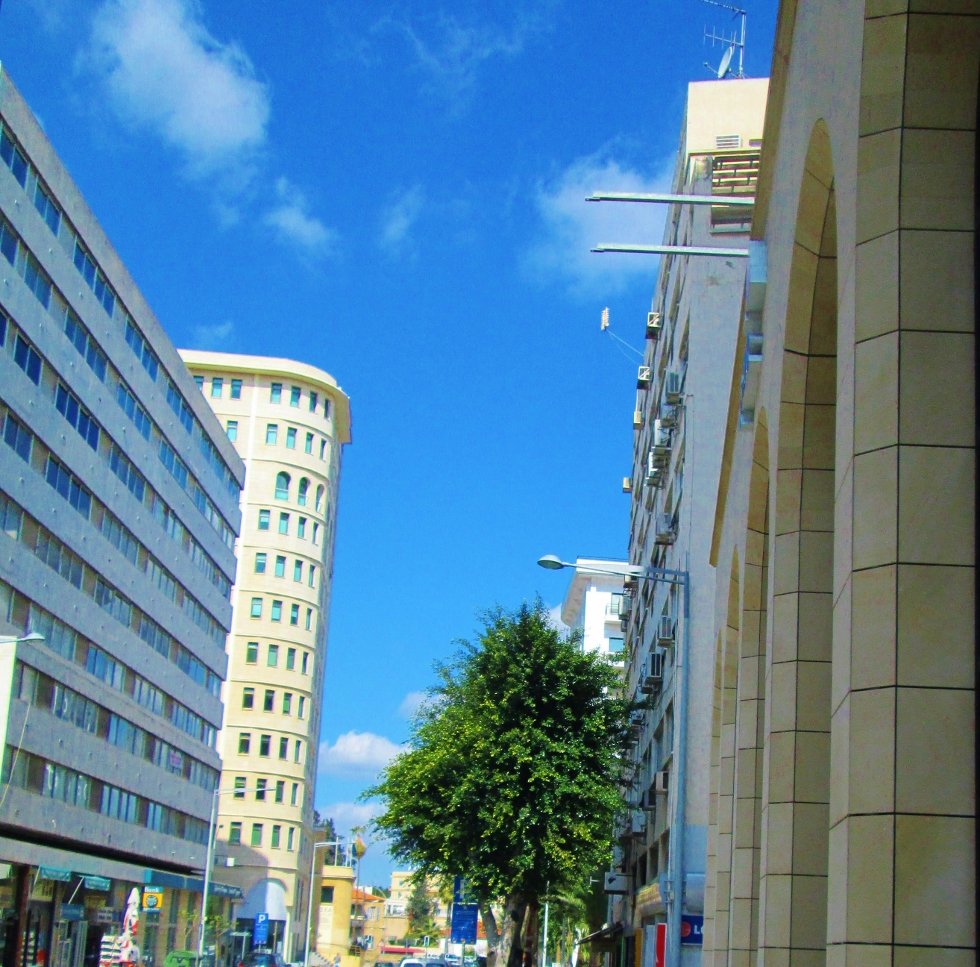For Marios Loucaides, former director of the Cyprus Trading Corporation who now heads the consulting firm +Praxis, there are difficult times ahead for Cyprus.
“The government has forecast about a 7 per cent contraction in GDP, with recovery in 2021 of 5.1 per cent resulting to the same level of GDO as 2018. I find this somewhat optimistic,” Loucaides says. “And if there is a second wave of the pandemic, even if it takes place abroad, we have only uncertainty.”
“We are going to see a major drop in activity, as the tourism slowdown will ultimately effect every area of the economy. Tourists provide a major support, not just for hotels and restaurants, but for car rentals, supermarkets, retailers etc.”
Loucaides said other businesses as well which had a major effect from the pandemic one example being the wedding business. “A wedding here typically involves 1,000 people as guests, and later 300 at a dinner, and this clearly relates to a lot of other businesses for supplies, transport, photography and other services. This business is almost entirely at a stillstand, for now, and the effect is significant,” he explains.
Loucaides also foresees difficult times for the banking sector. “The banks are awash with liquidity, and so risk making lending too easy. Then, the non-performing loans are being sold off at a low value, so they will be effectively written off balance sheets in the future.”
In the commercial sector, foreign competition is upping the ante for Cyprus businesses. “Companies from Greece, Israel and Malta have been acquiring Cyprus companies and getting footholds in the sector. We’ve seen Greeks move into the electric goods, food, and furniture areas, just to name a few. Israel is moving in tech sectors and in food and drink. Malta has invested in the furniture, food, DIY and golfing sector, and, of course, a Maltese company own a big stake of CableNet.
But there are areas with new opportunities for the Cyprus economy, Loucaides points out. “Education is an area that is growing fast here. With the Brexit it may become even more attractive. And the health sector has real chances for development, as Cyprus offers a kind of neutral zone between the Middle East and Europe,” he says.
But to develop international business, Cyprus needs better international connections, both in terms of networking, and in terms of travel. “There are not enough flights between Cyprus and Middle Eastern destinations,” Loucaides says. “And telecommunications networking connections are still too slow and too expensive.” he notes.
Loucaides calls for the government to redouble its efforts in improving infrastructure, to make Cyprus more competitive. “And further efforts must be made to streamline the bureaucracy and to digitalise government services.”
“There is no question that Cyprus is to pass through difficult times,” he concludes. “But we have seen difficult times before, and we’ve always come through. We will succeed in this again.”


